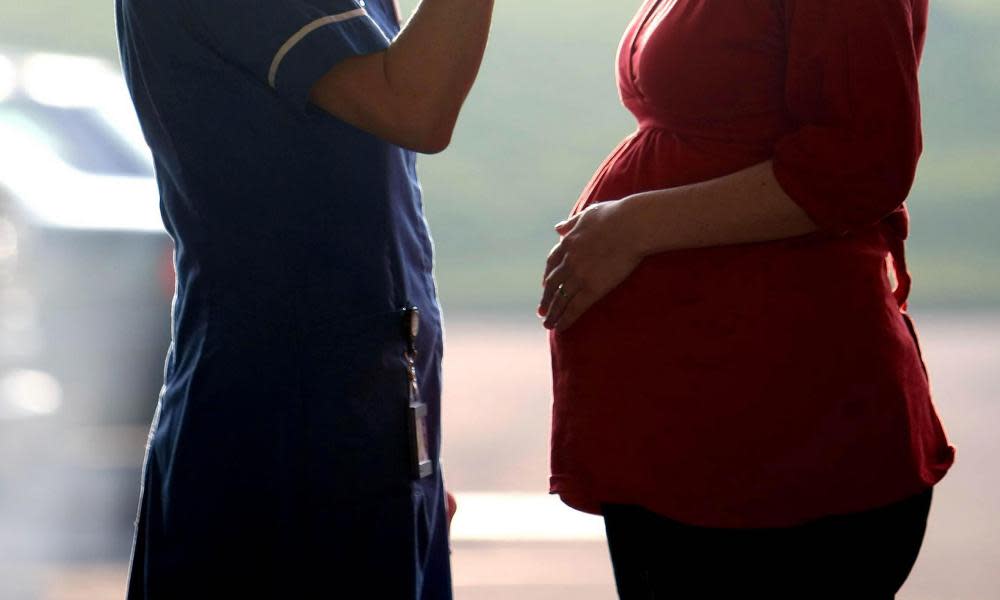Women across UK denied mental healthcare around childbirth, say doctors

Millions of women across the UK are being denied vital NHS care to help them cope with mental health problems triggered by pregnancy and childbirth, doctors say. A “scandalous” postcode lottery means that pregnant women and new mothers in a quarter of Britain cannot access any specialist support to tackle conditions that can have a devastating effect on their lives.
The lack of services is so acute that women could end up taking their own lives because they do not receive help, according to the Maternal Mental Health Alliance (MMHA) of medical groups and childbirth campaigners. “The lack of provision of perinatal mental health services in some parts of the UK is scandalous,” said Dr Alain Gregoire, the alliance’s chair.
The NHS estimates that up to 20% of the 775,000 women a year who give birth suffer from mental health problems related to carrying a child or giving birth, including anxiety disorders, depression and psychotic illnesses such as bipolar disorder and schizophrenia.
“These services help women who have been left severely disabled, who maybe cannot get out of bed or function normally, or who have been left suicidal, or at extremely high risk of taking their lives, as a result of mental health problems associated with pregnancy and the postnatal period,” Gregoire said.
“We should remember that suicide is a leading cause of death among women who are pregnant or who gave birth in the last year. These services are vital; they save lives.”
New research by the MMHA and Royal College of Psychiatrists found that, despite progress in many parts of England and Wales, there are still no services in 26% of NHS areas in the UK.
According to their findings, 62 of the 235 NHS health board or clinical commissioning group areas across the UK – 26.3% – offer women no help whatsoever from dedicated perinatal personnel, including specialist psychiatrists and nurses.
That is a lot fewer than the 97 areas that offered no support in 2015, when the MMHA last surveyed provision. The number of areas providing access to a full range of help has also risen over that time, from 55 to 109.
“When women are pregnant, or just after birth, they are in the period of life when they are most likely to develop a mental health problem. Working as a GP, I have seen women struggle to find the care that they need, battle with feelings of guilt and search for a sympathetic ear,” said Labour MP Dr Paul Williams, who is also a GP.
“It is profoundly unfair that some women get excellent care whilst others aren’t even asked how they are feeling by health workers.”
Claire Murdoch, NHS England’s national mental health director, said: “As recently as 2014, only 3% of the country had good access to perinatal mental health care, and as the MMHA itself acknowledges, services have since expanded significantly, as part of a £365m package of investment, which helped an additional 6,000 women access care in the past year alone.”
In the UK, Samaritans can be contacted on 116 123. In the US, the National Suicide Prevention Lifeline is 1-800-273-8255. In Australia, the crisis support service Lifeline is 13 11 14. Other international suicide helplines can be found at www.befrienders.org.

 Yahoo News
Yahoo News 
